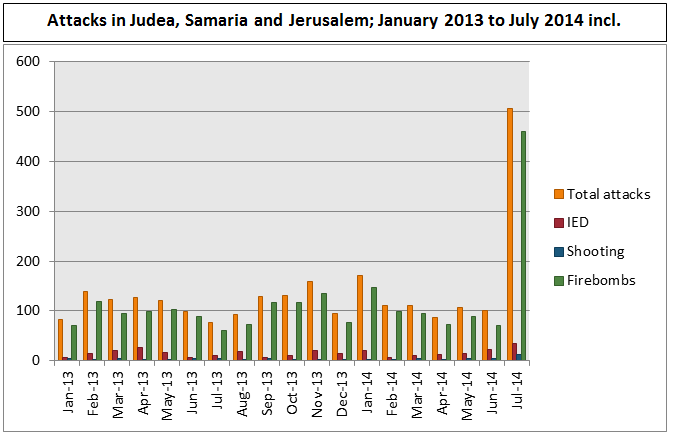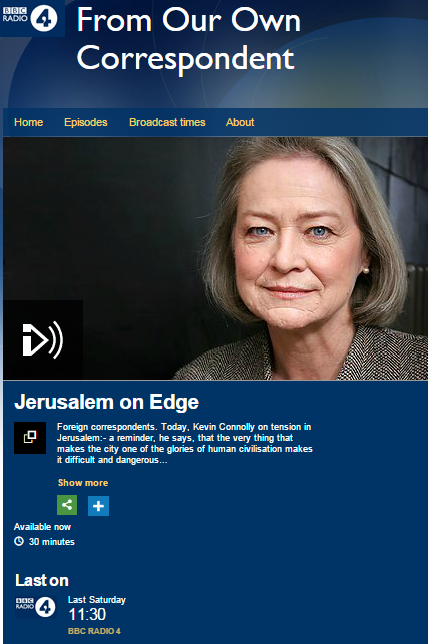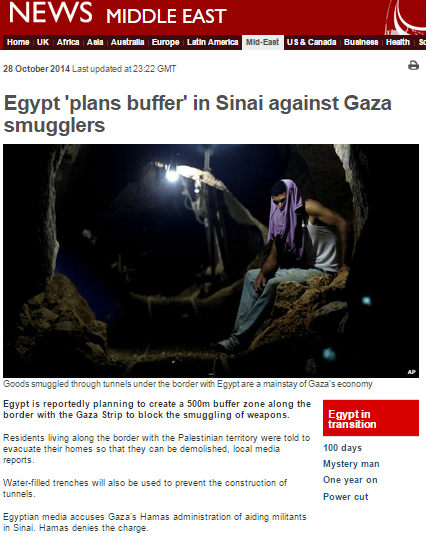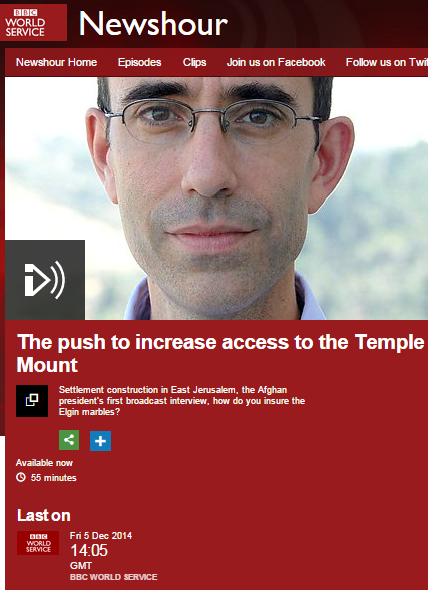On September 10th a short report appeared on the BBC News website’s Middle East page under the title “Palestinian man shot dead in West Bank raid“.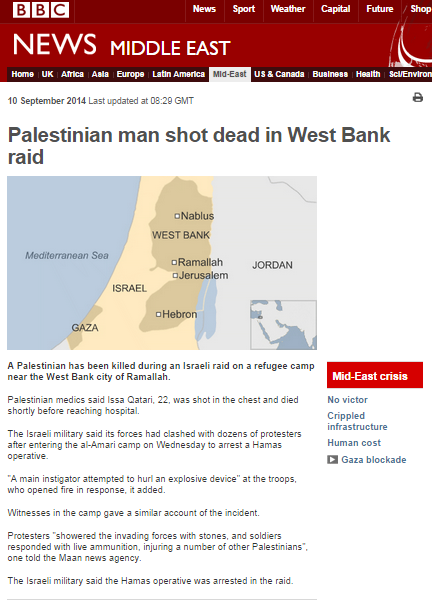
“A Palestinian has been killed during an Israeli raid on a refugee camp near the West Bank city of Ramallah.
Palestinian medics said Issa Qatari, 22, was shot in the chest and died shortly before reaching hospital.
The Israeli military said its forces had clashed with dozens of protesters after entering the al-Amari camp on Wednesday to arrest a Hamas operative.
“A main instigator attempted to hurl an explosive device” at the troops, who opened fire in response, it added.
Witnesses in the camp gave a similar account of the incident.
Protesters “showered the invading forces with stones, and soldiers responded with live ammunition, injuring a number of other Palestinians”, one told the Maan news agency.
The Israeli military said the Hamas operative was arrested in the raid.”
The BBC’s “dozens of protesters” would have been more accurately described as rioters.
“An IDF unit sent to arrest a Hamas member in Ramallah encountered violent disturbances when approximately 50 Palestinians hurled rocks, firebombs, and burning tires, the army said. One of the rioters was seen throwing an explosive device at soldiers, according to the IDF Spokespersons Unit. Soldiers opened fire at the suspect, striking him. The man later died of gunshot wounds.”
What is missing from this report is of course the context necessary to enable BBC audiences to understand the background to the incident. There has been no BBC reporting of any of the recent violent rioting and attacks in Jerusalem and in Judea & Samaria. In fact, the last time visitors to the BBC News website were told anything about violence in those areas was on July 25th when Jon Donnison presented a very selective report on incidents in Qalandiya and elsewhere. BBC audiences are hence entirely unaware of the fact that the number of attacks in Judea, Samaria and Jerusalem has – according to ISA reports – risen dramatically since the beginning of July with 507 attacks having taken place during that month compared to 100 the month before.
The chart below was compiled using the monthly statistics provided by the ISA but does not include separate representation of kidnappings, murders, stabbings or attacks using vehicles.
Of course there is nothing new about the BBC’s failure to report on security incidents, as we have frequently documented here in the past (see related articles below). However, that practice means that incidents such as the one reported in the above article are seen by BBC audiences in isolation, without the essential understanding of their backdrop.
Related Articles:
BBC silent on doubling of terror attacks since renewed ME talks
Review of the BBC’s reporting of security incidents in Judea & Samaria in January
A round-up of BBC reporting of security incidents in March 2014
Round-up of BBC coverage of security incidents – April 2014
100% of missile fire from Gaza Strip in May ignored by BBC

